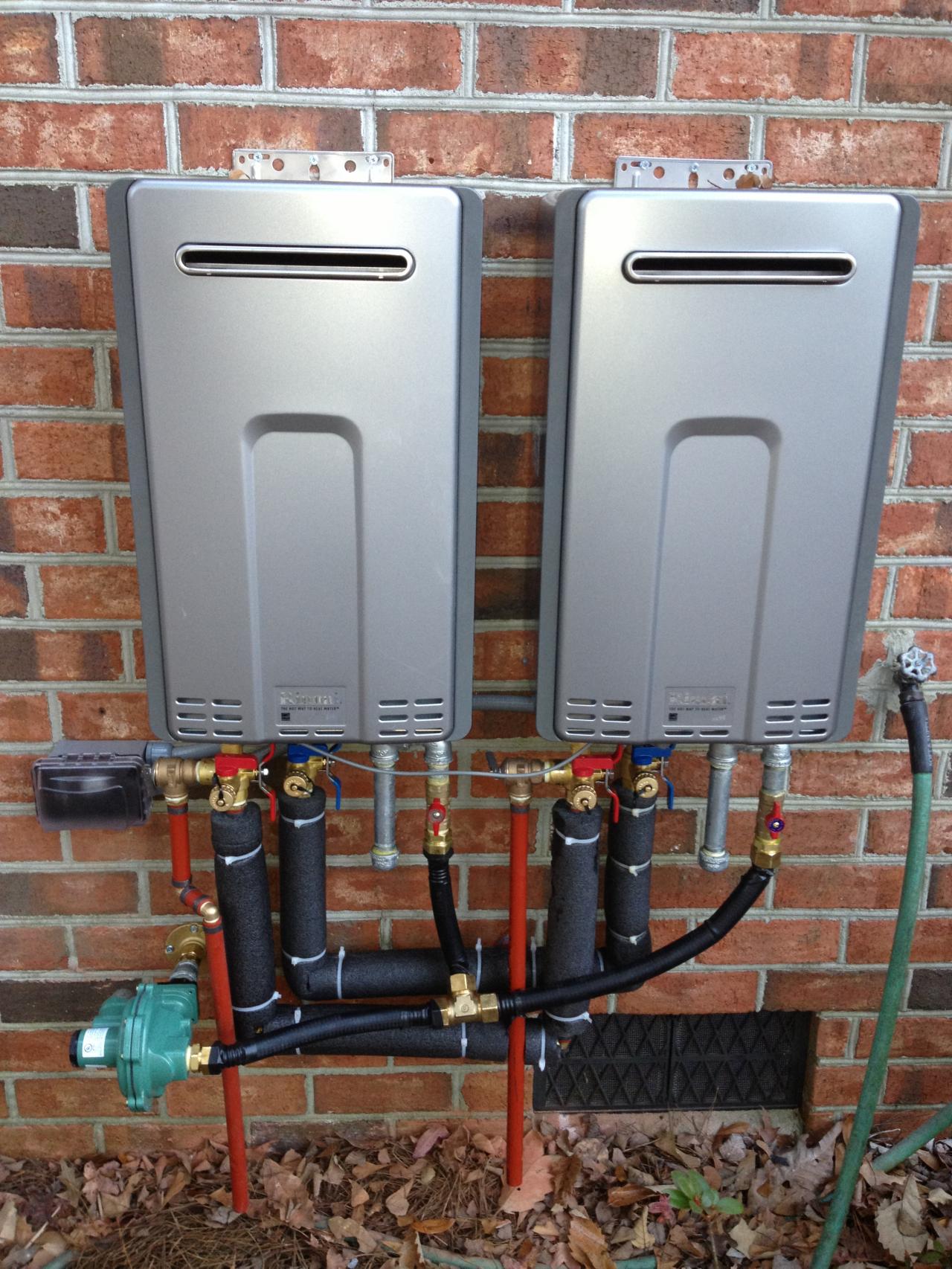Total Overview to Water HeaterSetup and Substitute
Recognizing the details of water heating system setup and substitute is essential for house owners looking for to ensure efficiency and integrity in their warm water supply. From picking the proper type and dimension to implementing a smooth installment process, numerous aspects have to be thought about to avoid typical mistakes.
Kinds Of Hot Water Heater
When thinking about water heating system installation and replacement, it is important to understand the numerous sorts of water heaters available in the market. One of the most typical types consist of tank hot water heater, tankless hot water heater, warm pump water heaters, and solar hot water heater.
Storage tank water heaters are conventional systems that store a particular quantity of hot water, making them readily available when required. In comparison, tankless water heating units give hot water on demand, removing the demand for storage.
Heatpump hot water heater utilize power to transfer heat from the air or ground to warm water, using substantial energy savings however needing even more room and specific installation conditions. Solar water heaters harness solar energy to heat water, providing an environmentally friendly choice with prospective lasting price financial savings, although they frequently need a back-up system for gloomy days.
Understanding these alternatives makes certain educated decisions concerning installation and substitute, dealing with particular needs and choices.
Selecting the Right Size
Picking the proper size for a hot water heater is critical to make certain ideal performance and performance. An unit that is also little will battle to satisfy family demands, causing irregular warm water schedule and boosted power usage. On the other hand, an extra-large hot water heater can result in unneeded energy waste and greater energy expenses.
To identify the appropriate size, take into consideration the home's peak warm water use. This can be determined based upon the number of passengers and their typical warm water demands. For instance, a family of four might require a water heating unit with a capacity of 50 to 80 gallons, depending upon the use patterns, such as simultaneous showers and washing.
In addition, assess the healing price, which gauges how swiftly a heating system can replenish hot water after it has actually been made use of. For tankless models, focus on the circulation price, measured in gallons per minute (GPM), to ensure it satisfies the household's simultaneous need.

Setup Refine Summary

Following, the old unit has to be separated and eliminated, taking care to adhere to regional codes and regulations pertaining to disposal. When the old unit is out, the brand-new hot water heater can be positioned in position. This step entails connecting the water lines, guaranteeing that all installations are safe and leak-free.
After developing water connections, it's necessary to link the power supply, whether electrical or gas, following the supplier's directions diligently. Once all links are made, the system should be filled up with water, and the power can be turned back on. Lastly, it's important to look for leaks and make sure the water heating unit is operating correctly prior to completing the setup procedure.
Typical Installment Mistakes

Another frequent error is disregarding to follow regional codes and laws. Failing to adhere to these criteria can not only lead to safety dangers yet may additionally result in costly fines or the requirement for pricey reinstallation.
Stopping working to secure links or making use of the wrong type of installations can lead to leaks and water damage. By staying clear of these typical installation blunders, home owners can ensure their water heater runs safely and efficiently, making best use of efficiency and longevity.
Upkeep Tips for Durability
Correct upkeep of a hot water heater is essential for its longevity and ideal performance. Routine evaluations and maintenance can avoid costly repair services and extend the home appliance's lifespan. Begin by inspecting the temperature setting; it should normally be set between 120 ° F and 140 ° F for optimum energy performance and security.
Every 6 months, flush the storage tank to click site get rid of sediment build-up, which can impair home heating efficiency and trigger deterioration. To do this, turn off the heating unit, attach a hose pipe to the drainpipe shutoff, and let the water run up until it is clear.
When they are corroded,Anode rods need to be inspected annually and changed. These rods aid stop storage tank deterioration by drawing in corrosive aspects in the water.
In addition, examine the pressure relief valve regularly to ensure it is working properly. This shutoff is essential for avoiding extreme pressure build-up within the tank.
Lastly, think about setting up a specialist upkeep check every couple of years for thorough evaluations and servicing. By adhering to these maintenance suggestions, property owners can substantially improve the effectiveness, security, and life expectancy of their hot water heater, making sure trustworthy warm water for several years to find.
Final Thought
In verdict, appropriate installment and upkeep of water heating units are critical for making certain effectiveness and long life. By comprehending these necessary elements, property owners can accomplish a reliable warm water supply while minimizing prospective concerns related to water heating system operation.
Comprehending the details of water heating view it now unit installment and replacement is crucial for home owners seeking to make sure performance and reliability in their hot water supply.Container water heaters are conventional systems that save a particular quantity of warm water, making them conveniently available when needed. In comparison, tankless water heating systems provide hot water on need, removing the demand for storage. Choosing a water heating unit that is either also tiny or too large can lead to ineffectiveness, resulting in insufficient warm water supply or discover here too much power consumption.
By understanding these vital facets, homeowners can achieve a trustworthy warm water supply while minimizing possible concerns connected to water heater procedure. gas leak repair.